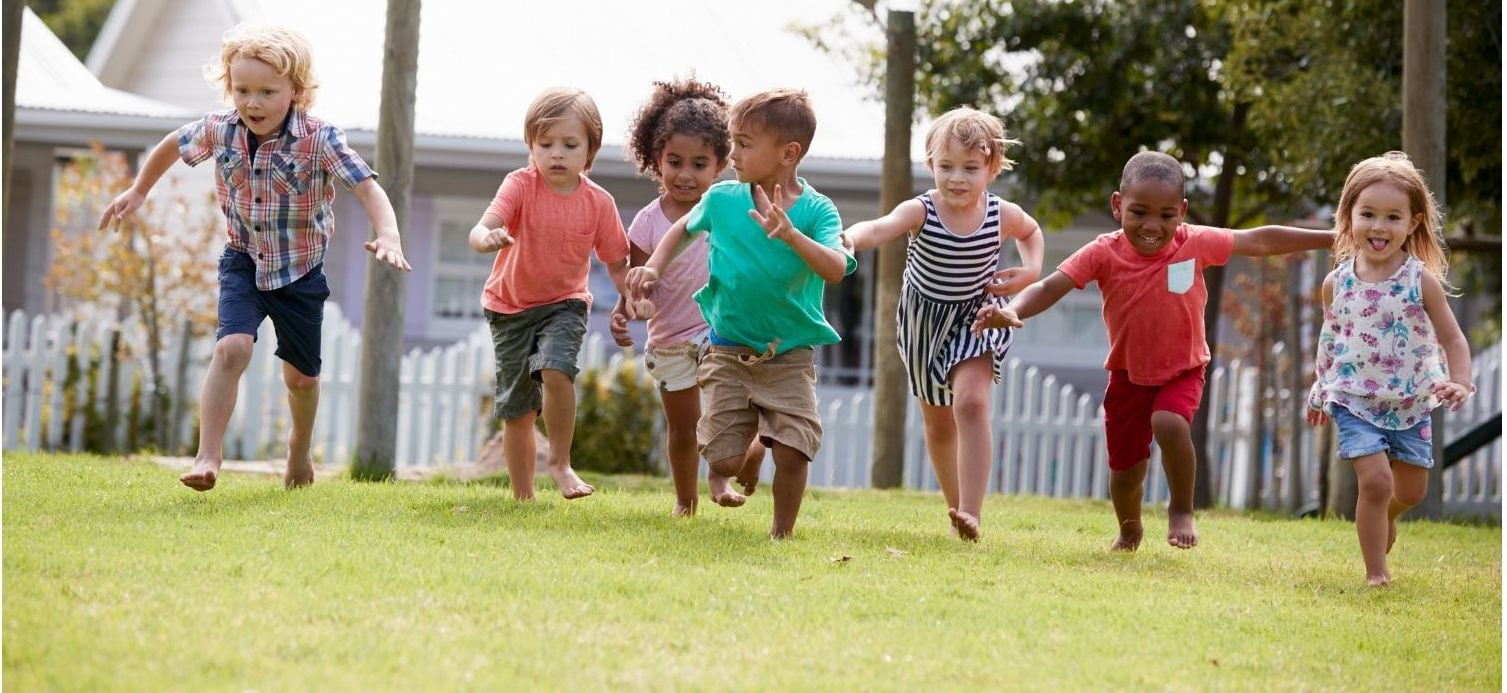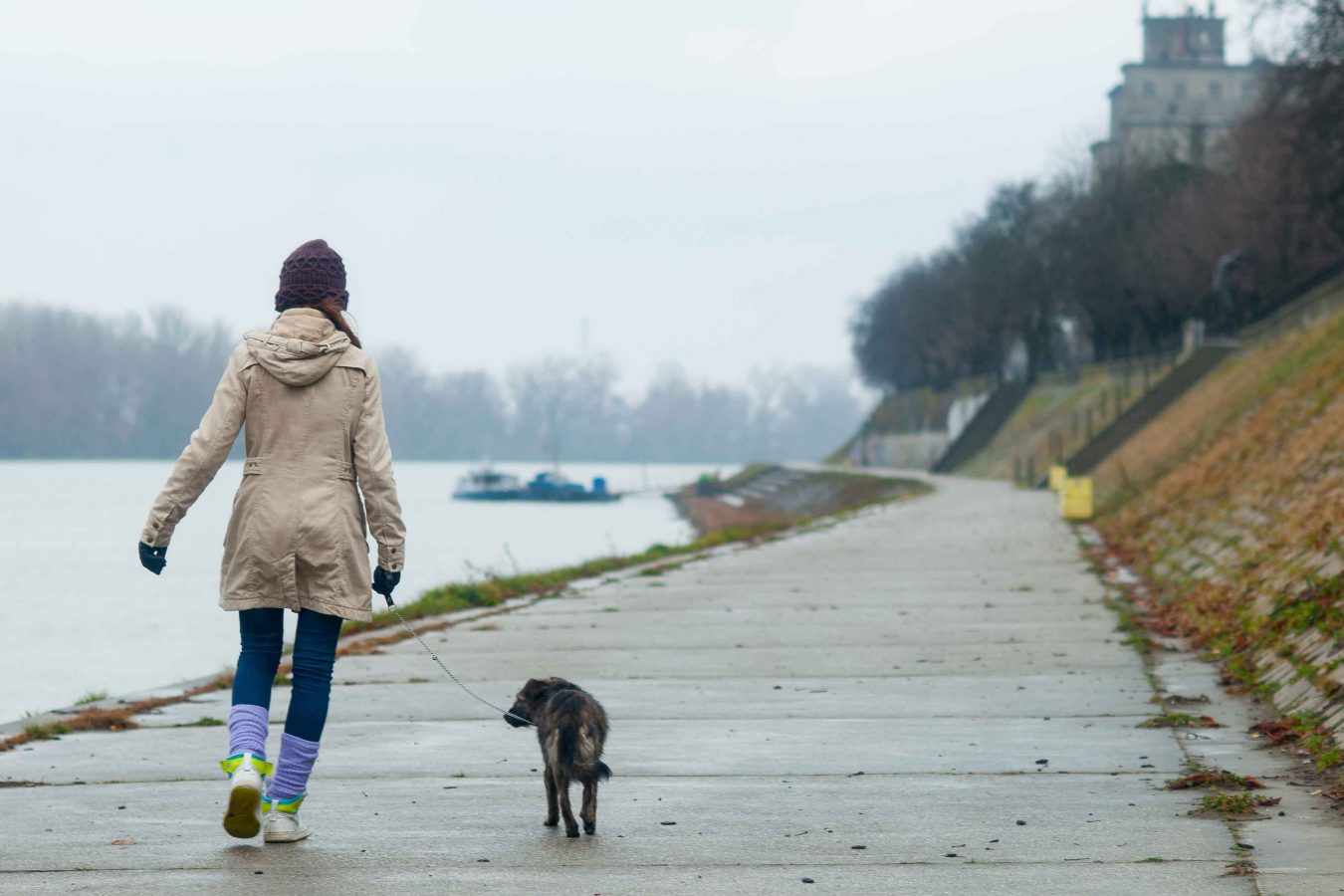
Heading into 'big school' is a daunting process for parents and children alike. Maggie Dent, one of Australia's leading parenting educators gives her advice on how to support the transition.
Most academics and early years experts prefer to reframe ‘readiness’ to mean transitioning into the formalised learning environment. The reasoning behind this is that it is not so much about how ready a child is for school, it implies that the transition into schooling is a two-way street.
In this article, I would like to take a look firstly at how we can decide if a child is ready for the transition to school; and secondly how we can support them to transition.
This time of transformation for parents is highly emotional and given the over-abundance of information at our digital fingertips, it is easy to feel overwhelmed, uncertain and often powerless. Also the early years landscape is very different to what it was when the parents were the same age. Not only did a significant number of children never attend a pre-school setting before attending year 1 – the year you turn six – the expectations for five-year-olds today is very much the expectations of six-year-olds 25 years ago.
On top of that Australia has one of the most confusing systems for transitioning in the Western world. In each state it has a different name and often a different starting age. So for the simplicity of this article – I am writing about transitioning into the early childhood landscape for 4-5-year-olds who will participate in mainstream schooling.
The year a child turns four is an excellent opportunity for them to experience three days in an early childhood setting with experienced educators who are familiar with and competent at delivering the EYLF and the National Quality Standards as determined by the National Quality Framework. Even though this is a great opportunity – this is not compulsory however it is strongly recommended based on significant research.
Three days doesn’t sound like much however with the ‘schoolification’ of the early years – the shift away from unstructured play together with the impetus to lift our falling education standards – has seen an erosion of the fun side for this age group. I have even been told of 4-year-olds getting homework! What is really good about 4-year-old early childhood access is that it has flexibility. So if your child is struggling with physical exhaustion or emotional overwhelm, a parent can choose how often they attend. Sadly this flexibility disappears in the following year.
I have had many parents asked me about what happens at the other end of schooling if your child is a different age. Technically our teenagers are not meant to drink alcohol until they are 18 however many will try this before they are 18. I have taught in high schools for almost 17 years and I can tell you that very few 17- and 18-year-olds are competent at making wise choices all the time, especially when they are with their friends. One mum said to me she would prefer her son to be driving the car rather than being the passenger in a car being driven by somebody else who was old enough. Much like every other year of development, some children mature faster than others and some take longer to mature. If you keep in mind the final maturity of the human brain is in the 20s, then whether you are 17 or 18 or 19 in your final year of school makes little difference.
If you do have the option and you decide to give your child an extra year before starting school, this year can be seen as an opportunity for children to experience a similar environment to what they will experience the following year. It also gives early years’ educators an opportunity to see what areas a child may need to have nurtured and developed. Some of our children have delayed aspects or developmental vulnerabilities and this is not a sign that their parents have failed. Our ‘lambs’ or more sensitive children often take longer to develop social and emotional competence.
Every single child has a unique blend of attributes and while they may be excelling in some areas they may be struggling in others. This is the nature of early childhood development. The current push for ‘too much too soon’ for both 4 and 5-year-old children just happens to coincide with a significant increase in children’s anxiety and a drop in resilience, as well as a frightening increase in the number of suspensions for 5-year-olds, as in Queensland where 2019 figures showed over 1500 prep students were suspended, compared with 572 in 2013.
Early years’ educators can also help with parent decision-making. These are the key guidelines they use in determining whether a child will transition well into full-time 5-year-old school:
- Physical Health and Wellbeing – especially fine motor skills – good health, well fed, well rested, sitting, listening skills, able to grip a pencil, turn pages in a book, build with blocks, able to toilet themselves, feed themselves, dress themselves, some degree of focus to task, blow nose, wipe bottom, wash hands
- Social Competence – primary need is to be able to get along with other children, cope with the stress of the new situation and new learning tasks, have healthy assertiveness, ability to play solo and with other children, have pro-social behaviour – I know some grown-ups who need some help here?
- Emotional Maturity – some ability to self-manage their emotions, be able to cope with minimal adult contact in large groups, develop friendships, able to separate from parents…even if gradually!
- Language and Cognitive Skills – basic counting, follow basic instructions, basic thinking skills – NB Basic….
- Communication Skills and General Knowledge – basic conversation skills, manners, ability to communicate needs, understanding of wider world – again this is a work in progress….
- Independence – Toilet themselves and for children with special needs, can they have additional support?
There are so many skills, behaviours and capabilities that our young children need to be competent in other than just their capacity to count to 1000 and know their alphabet. I have serious concerns about how our digital children will navigate their world socially and emotionally as these competencies for being human are only formed from spending hours in interaction through play with other children in the present moment.
The Longitudinal Study of Australian Children (LSAC) has shown that many boys do have a tendency to struggle a little more in the early years. Some studies have shown that boys expressed themselves less clearly than girls, have more difficulty writing their names, recognising numbers and letters and tying their shoelaces.
Similar results can be seen on the data from the Australian Early Development Census. This data also shows that boys and Indigenous children feature much more highly as children with developmental vulnerabilities when starting five-year-old school.
If it is possible financially and otherwise, please seriously consider allowing your child the extra time they need to grow, to mature and to bloom.
Every state has flexibility around when your child can start full-time, 5-year-old formalised schooling. Rather than see it as delaying see it as allowing – and remember you know your child best. I have never met a parent who has given their child extra time who expressed regret however I have met a large number who expressed regret that they did not give their more time.
My eldest couldn’t write his full name when he started year 1 – the year he turned six – and yet now he has two degrees and a successful legal career. Would that have happened today? He seemed to spend his entire 5-year-old preschool (also only four half days a week) in the sandpit playing with other children. Shock horror!
Given that more of our children – 21.7 per cent nationally (AEDC, 2018) have developmental vulnerabilities – and the educational expectations for children have shifted earlier by at least 12 months, then common sense and logic would suggest more of our children are struggling with the transition to formalised learning in Australia.
And when full-time, five days a week schooling starts and if you find them struggling or displaying signs of significant distress arrange a meeting with the early childhood teacher as soon as possible to help your little one. It may be that the school simply is not ready for your unique child yet. And that’s okay.
What can you do to help your child transition well?
The holidays before your child is due to start early childhood education/school as a 4 or 5-year-old is a wonderful opportunity to help your child who is transitioning to school with some of the basic skills needed to manage themselves.
Essentially most of the key attributes are already listed above. So whether your child is starting next year or the year after, we will just explore some simple habits that can become normal.
- Helping your children separate from you – this is a biologically wired fear – to be separated from the safest grown-ups in your world. Consider building their predictability around being left with someone else. So when you are going to leave them for a while try these three steps (especially if they’re not used to being away from you):
a) connect with them at their level and tell them you are going to be leaving for a while and you will be coming back.
b) then allow 20 seconds when you hold them or stand close to them – tickling the tickle spot (the point at the base of the neck along the top of the shoulders) would be a great choice.
c) then in some way leave – hand them over to the grown-up who will be looking after them while smiling and waving – and keep going. Hopefully the other person taking care of them will stand close to them helping them feel safe and connected to someone else. When you return – remember to reassure them that you told them you would be coming back. - Improving communication – help your child to be able to listen and follow directions – especially for boys, or children who have ASD can be improved with practise at home, especially when done warmly.
- Language marination – nothing beats reading to our children to prepare them to grow a vocabulary that will enable literacy later. So please keep them off technology and engage in real human to human verbal communication as much as you can – read signs, words on cereal boxes, singing songs, use lots of funny rhyming, ask them questions and really listen and set up some pretend play opportunities like shops, being a pilot, have a tea party or playing in a mud kitchen. Children will pretend they are grown-ups and tend to use grown-up language – pure gold.
- Organisation – gradually encouraging our children to be more responsible with little things like drink bottles, their clothes, putting things away and tidying up. This can all happen in fun ways in the home. For boys they often need little reminders to do these tasks – however, persevere gently with love!
- Avoid being too enthusiastic – please avoid being too enthusiastic about schooling with promises they will learn to read and become clever. Many 5-year-olds come home very disillusioned after the first week because they haven’t been able to learn to read yet. This is especially important for boys.
- Nurturing the educator bond – to help children transition to another person as their safe grown-up, it can be helpful if you could find a photo of the educator and have it in the visible place so you can talk about Mrs Jones or Mr Brown. This gentle way of familiarising them can help however be careful not to overdo it. Never speak negatively about any educator in front of a child.
- Owning anxiety as normal – chatting to your children about anxiety and that it is normal to be a little bit frightened of starting something new is really important. Tell them that you have been a bit anxious starting a new job or a new school and that in a few weeks that anxiety will disappear as everything becomes normal. Show them how to take deep breaths or do ’round and round the garden’ in the palm of their hand.
- Building friendships – the sooner your child finds a friend the better. For some children this is much easier than for others. Sadly relational aggression is now a part of the 4-5-year-olds world so it is important to have conversations about how to be a good friend. This audio may help your child to know how to welcome and farewell their friends and it also explores simple strategies about playing fairly.
- Life skills – the more things that your child can do for themselves the more confident and capable they feel. It does start with little things like dressing themselves, washing their own hands and being able to toilet themselves. It is also allowing them to have autonomy to choose – would you like an apple or a banana in your lunch box? Building confidence and competence also takes place in the playground or your backyard. Allowing them to climb a little higher, swing a little farther or to try something they have never tried before are all risk-taking opportunities that are amazingly positive teachable moments – even when unsuccessful.
- Little boys – please be especially careful when transitioning your little boy into a school environment because boys are emotionally quite sensitive and fragile and often have an inability to express how they are feeling. Even the most confident boisterous and outgoing little boy can struggle and when his language is expressed in his behaviour, he can be judged poorly.
I am a passionate nature play advocate and encourage you to consider choosing an early childhood setting or school that allows lots of time to play outside freely. Not only does this help to reduce the stress and tension of being away from their key caregiver, it helps them interact with other children in a much more natural way and the fresh air and the interaction with nature restores children to a more balanced place. Passivity and too much time indoors can impact negatively on the growth and development of your precious child.
Please remember that as your little one starts their schooling journey you are still their number one teacher – and coach. Also avoid comparing your child to other children – they are all unique miracles and growth and development together with learning is not a linear thing. It kind of happens in fits and starts – relax and allow Mother Nature to do what she has been doing since time began. The number one thing that helps children to thrive and flourish is to be strongly attached and bonded to people who love them unconditionally and ferociously no matter what.
About Maggie Dent
This blog was reproduced with permission and originally appeared at maggiedent.com
Maggie is one of Australia’s favourite parenting authors and educators, with a particular interest in the early years, adolescence and resilience, and is known as the ‘queen of common sense’.
Like this post? Please share using the buttons on this page.
Subscribe to the Parents Website

